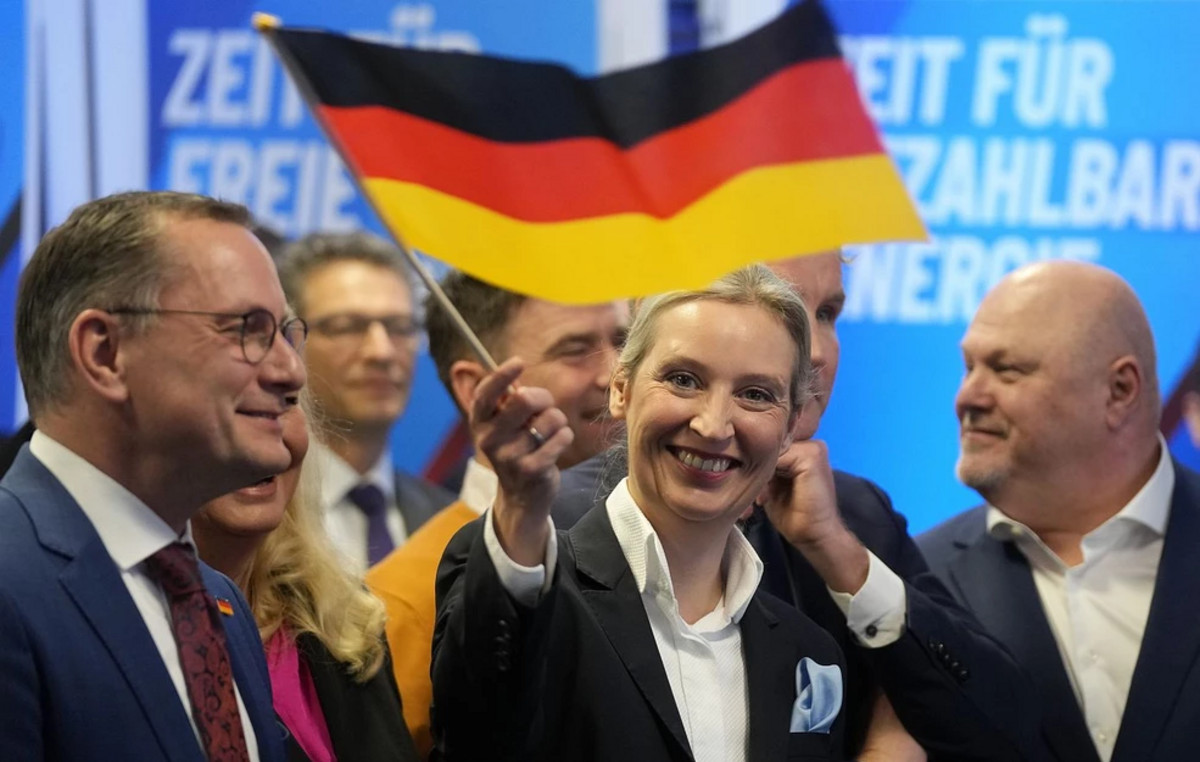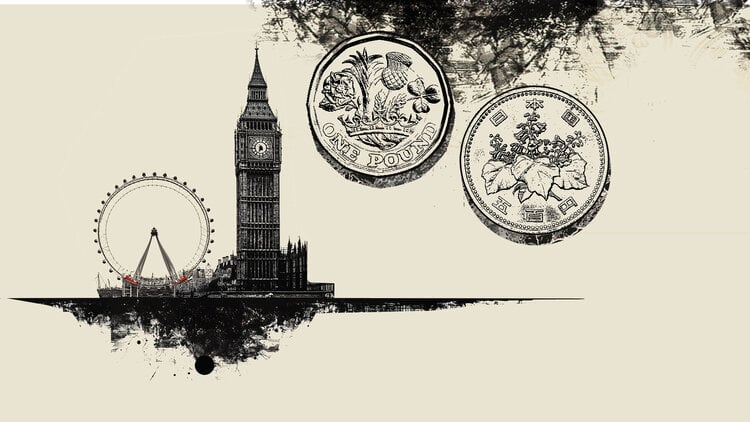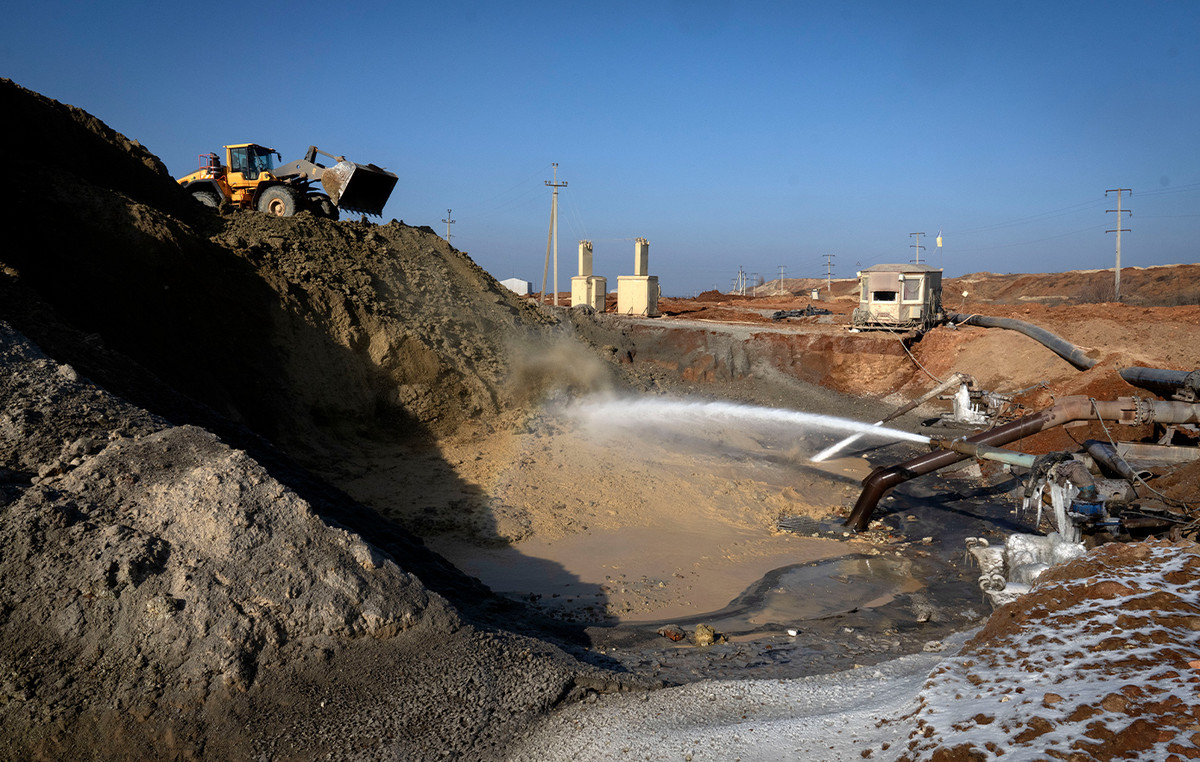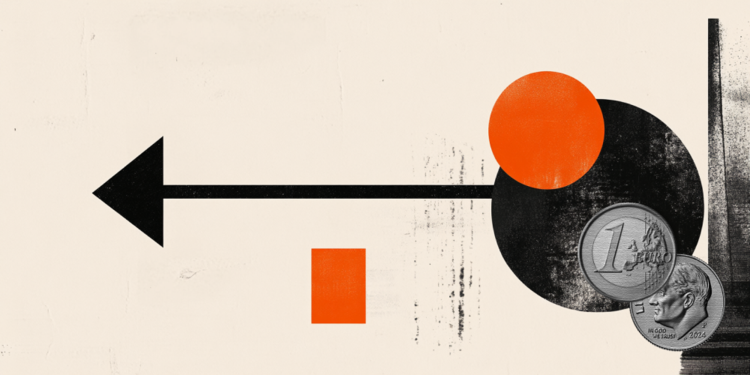US Ambassador to Japan Rahm Emanuel will sit out the Nagasaki peace ceremony due to Israel’s exclusion from the annual commemoration of the 1945 atomic bombing of the city, the embassy said.
This year’s ceremony will take place on Friday (9) at Nagasaki Peace Park, where diplomats from more than 100 countries will observe a minute of silence to mark the moment the US dropped the second atomic bomb on Japan during World War II.
Nagasaki Mayor Shiro Suzuki told reporters last week that Israel would be excluded due to security concerns, despite warnings from Western nations that there could be implications for the presence of their own ambassadors.
“If Israel were excluded, it would be difficult for us to have high-level participation in this event,” said a July 19 letter to the mayor, signed by ambassadors from France, Germany, Italy and the United States, as well as representatives from Canada, the United Kingdom and the European Union.
Britain, Germany and Italy will also not send their ambassadors to Nagasaki, their embassies told CNN on Thursday. The CNN contacted the other remaining signatories.
The bombing of Hiroshima on August 6, 1945, and of Nagasaki three days later led to Japan’s unconditional surrender and ended World War II. But it also killed tens of thousands of people, both instantly and in the months and years that followed.
Every year, the two cities hold memorials attended by diplomats to promote global peace and the idea that nuclear weapons should never be used again.
Nagasaki’s move contrasts with Hiroshima, which hosted its ceremony on Tuesday and invited Israeli Ambassador to Japan Gilad Cohen, whose presence was met with protests from pro-Palestinian demonstrators.
Both cities have been under pressure from activists and bomb survivor groups to exclude Israel over the bombardment of Gaza, where tens of thousands of Palestinians have been killed since Israel began targeting the militant group Hamas after the Oct. 7 attack.

Russia and Belarus were both excluded from ceremonies surrounding Moscow’s invasion of Ukraine, and activists hoped that Nagasaki and Hiroshima would similarly exclude Israel.
On Thursday, a US embassy spokesperson told CNN that the ambassador wrote to the mayor of Nagasaki on Tuesday, calling the decision to exclude Israel political and saying he would have no choice but to withdraw.
“He will attend a peace ceremony at the Zojoji Temple in Tokyo, as well as hold a moment of silence at the embassy,” the spokesman said. The temple is holding a memorial service on Friday.
The ambassador instructed other U.S. consulates in Japan to do the same, the embassy said.
“The U.S. government will be represented in Nagasaki by the Chief Consulate Officer in Fukuoka,” the spokesman said.
In an interview with CNN Earlier this week, Cohen accused Nagasaki’s mayor of “inventing” security fears and “hijacking this ceremony for his political motivations.”
On Thursday, Mayor Suzuki reiterated that the decision was not political and said he was “sorry to hear” that the US ambassador was unable to attend.
“The reason for this is to avoid unforeseen circumstances and ensure that the ceremony will be conducted smoothly and in a peaceful and solemn atmosphere,” he told reporters.
“If it were for political reasons, I personally believe that the countries in dispute should be invited, but unfortunately we cannot invite these countries considering the impact it would have on the ceremony.”
He said authorities would “continue to seek understanding by persistently explaining the situation.”
Japan’s Chief Cabinet Secretary Yoshimasa Hayashi said the Foreign Ministry had been in contact with Nagasaki to explain the diplomatic implications of Israel’s exclusion, but local authorities make the final decisions on what events they organize.
Source: CNN Brasil
Bruce Belcher is a seasoned author with over 5 years of experience in world news. He writes for online news websites and provides in-depth analysis on the world stock market. Bruce is known for his insightful perspectives and commitment to keeping the public informed.







